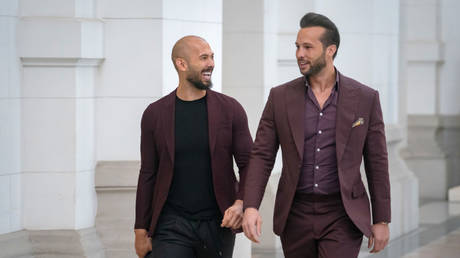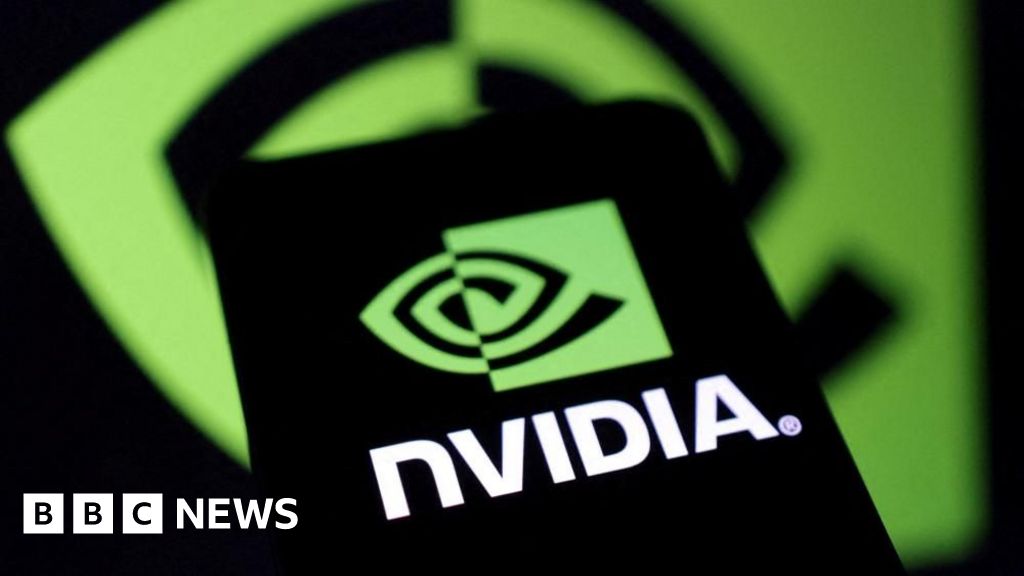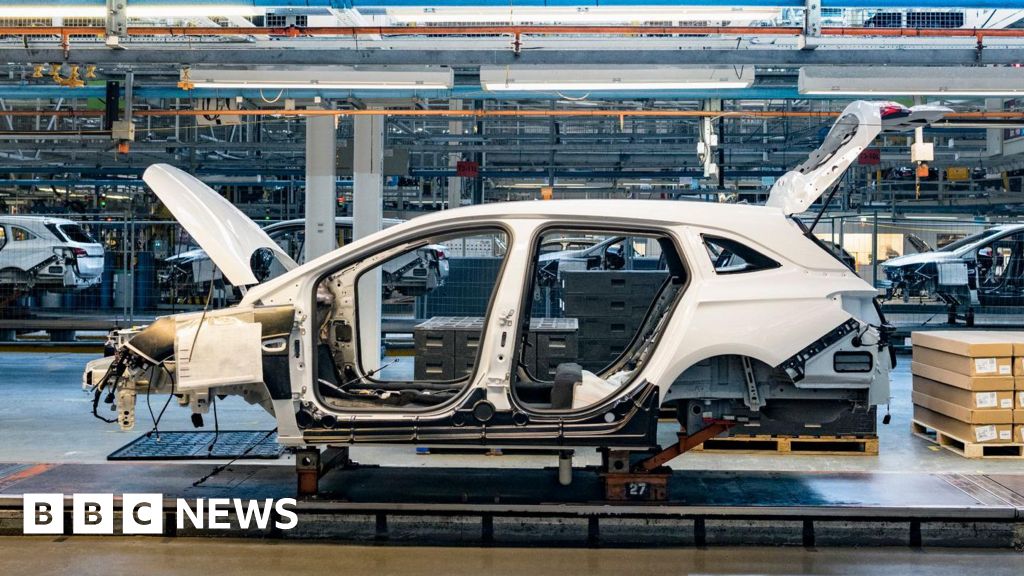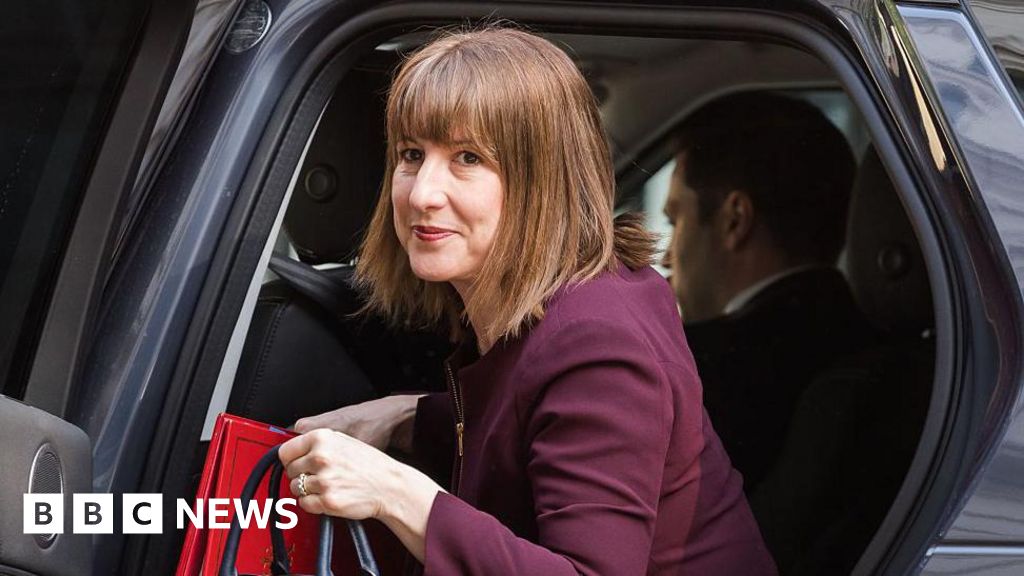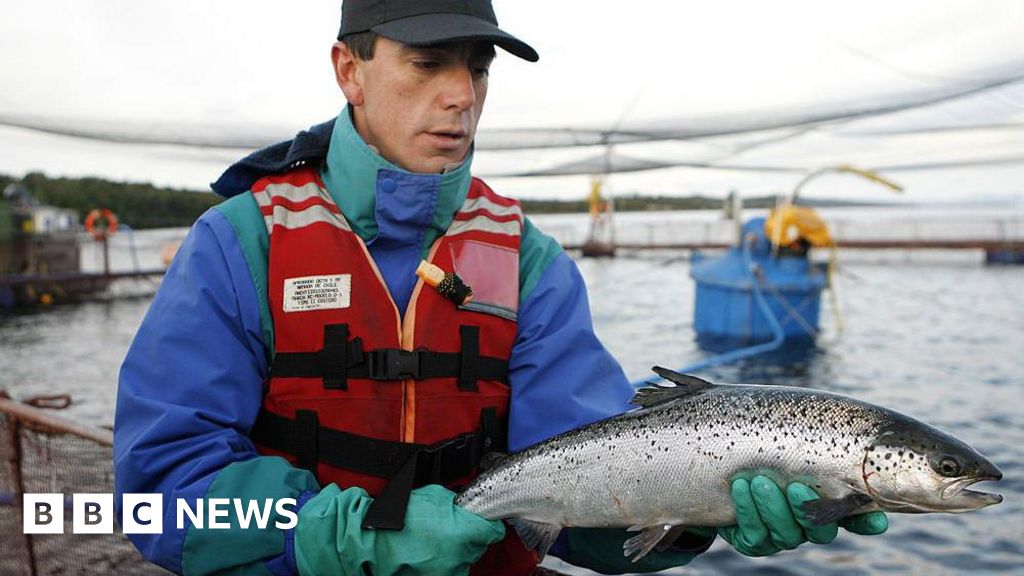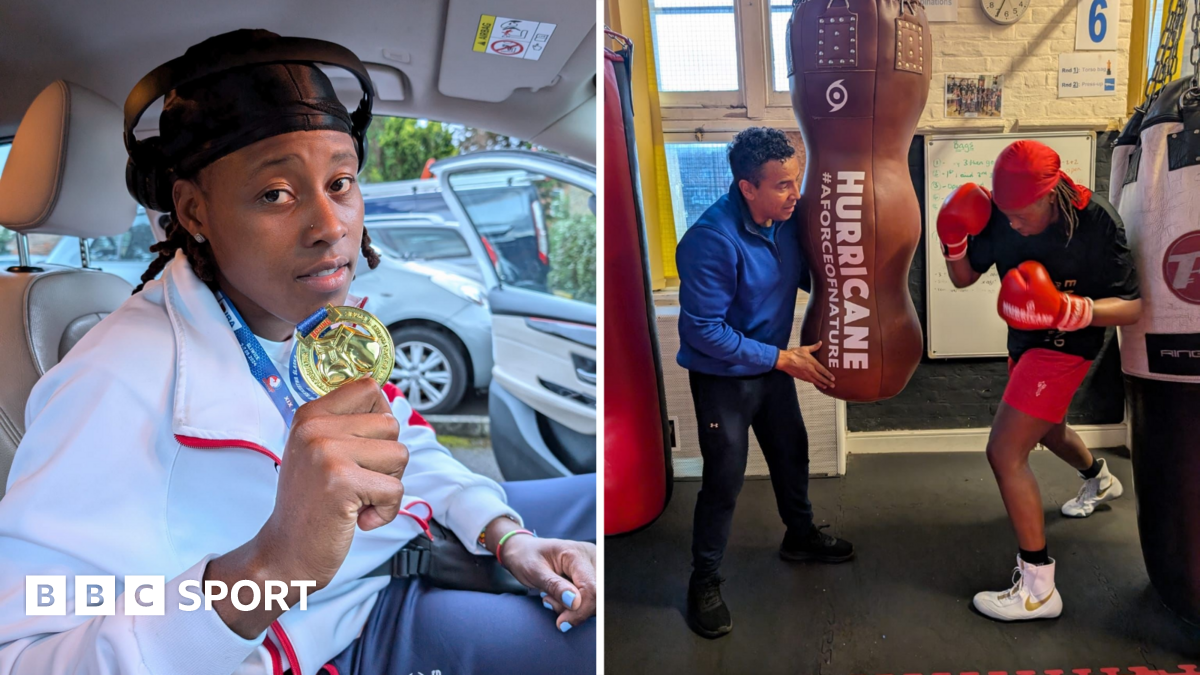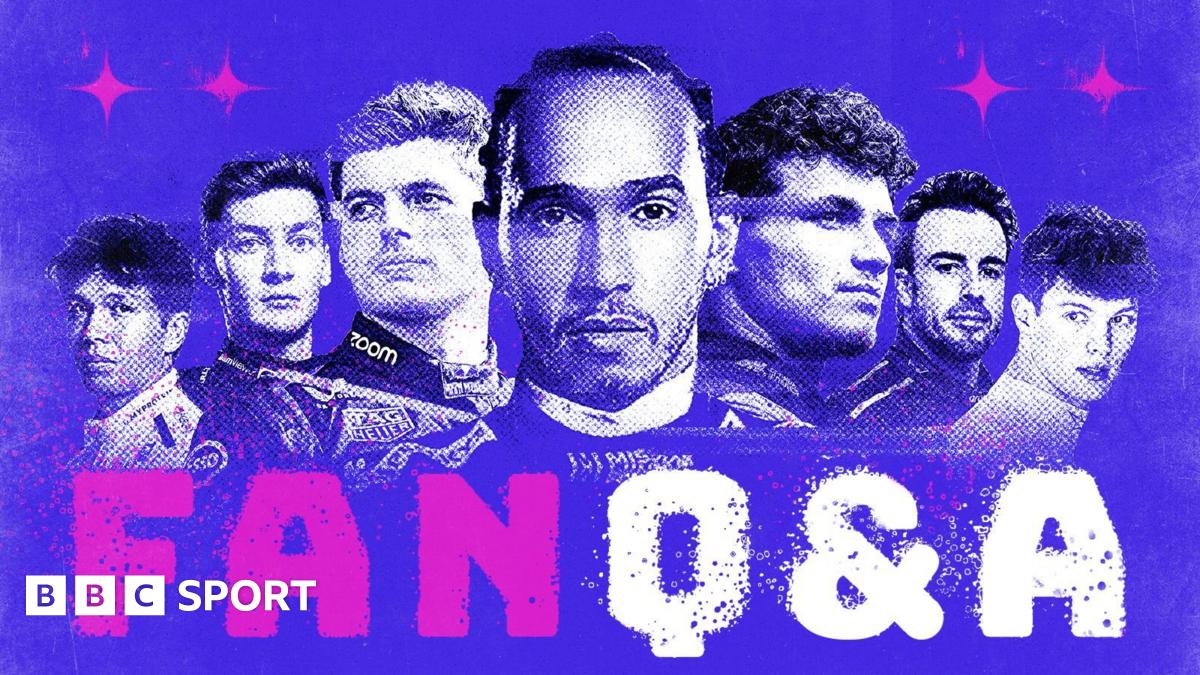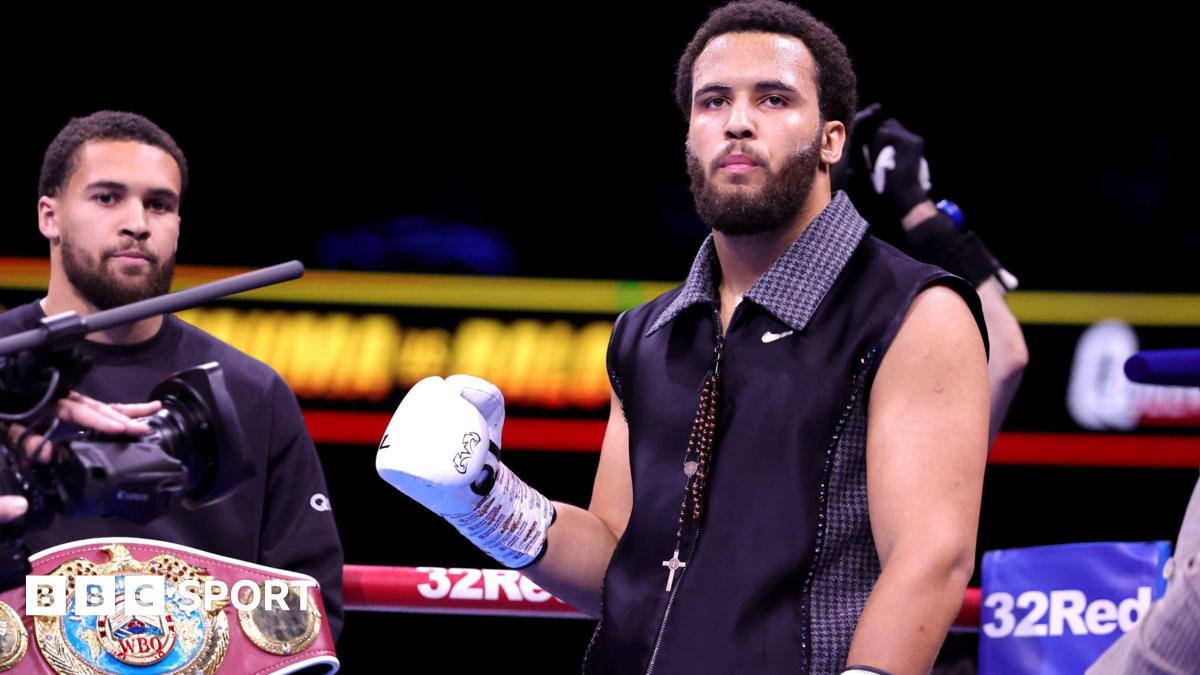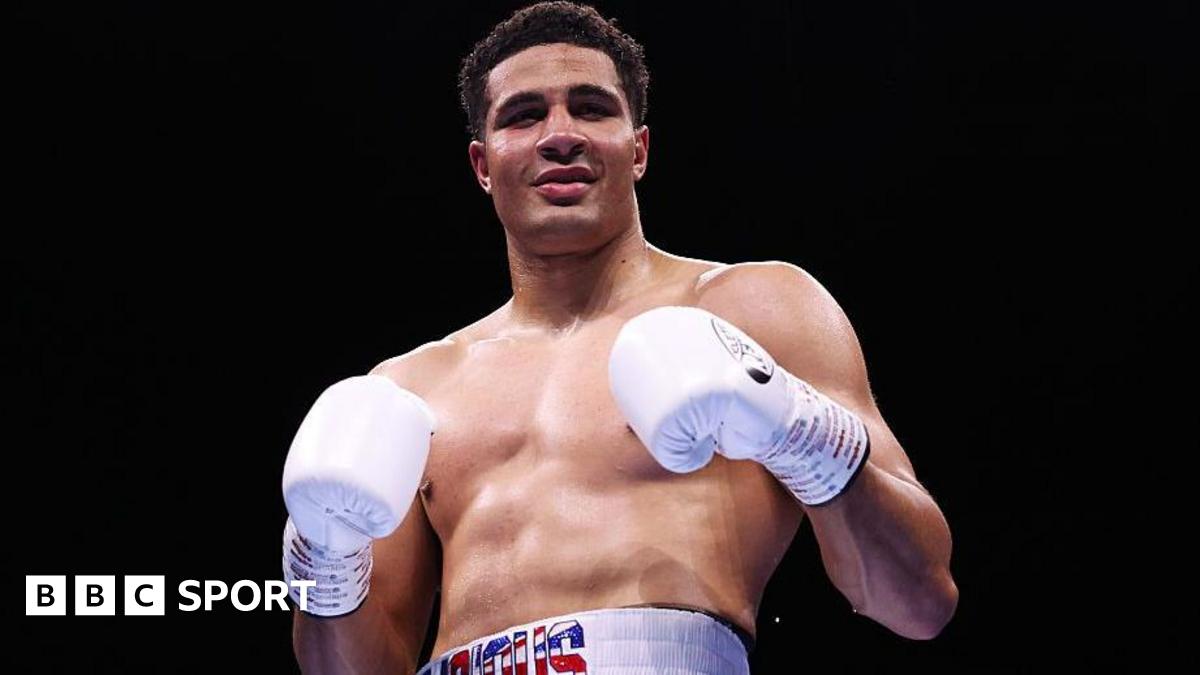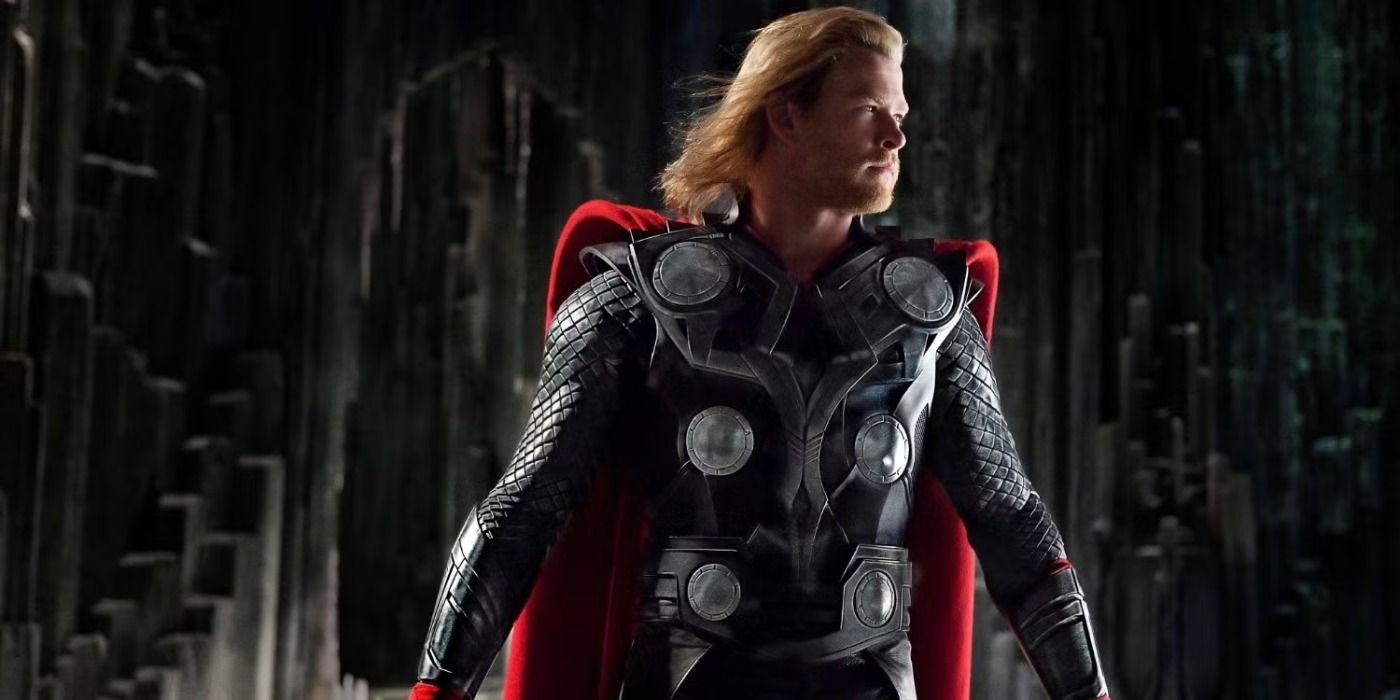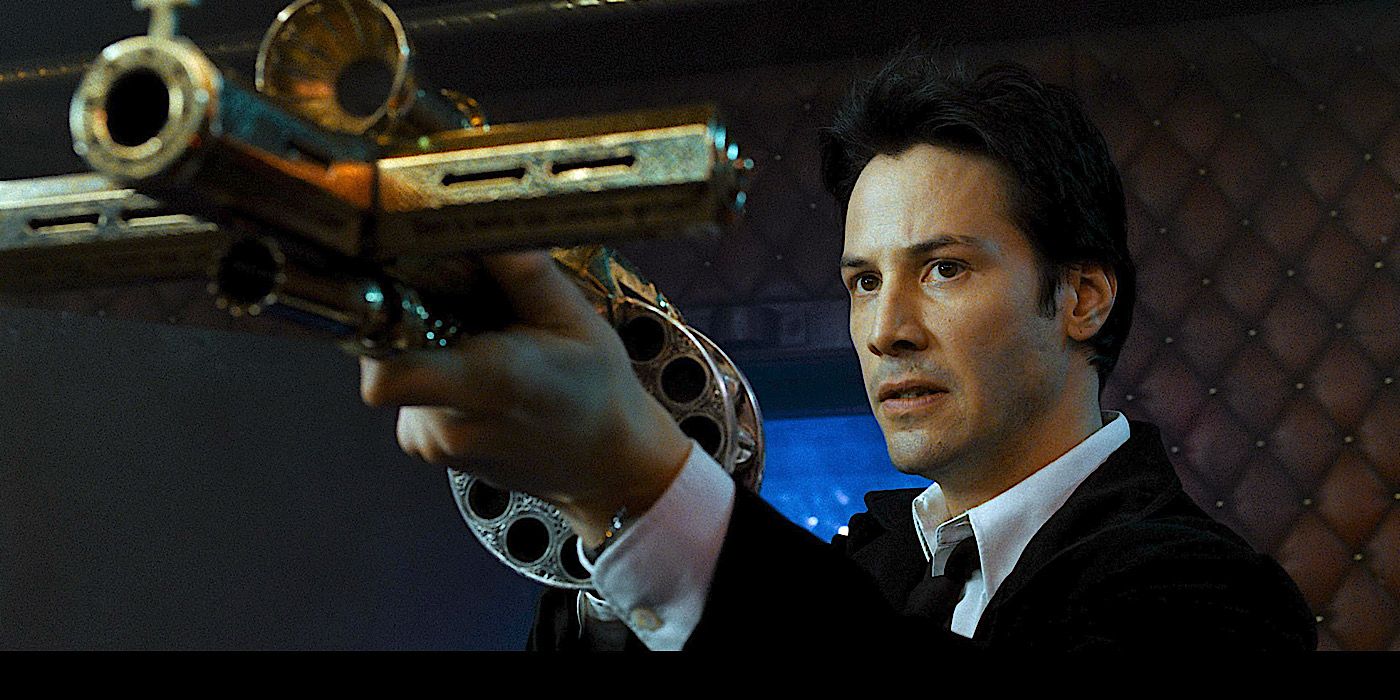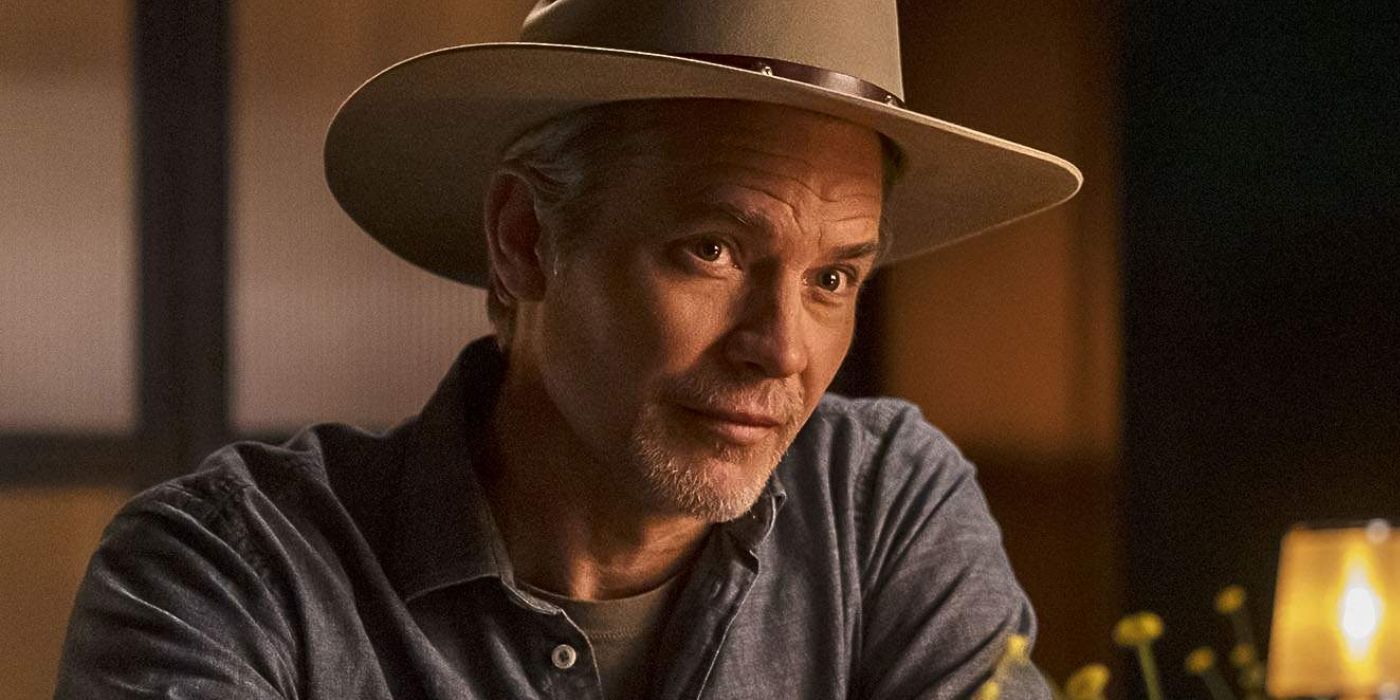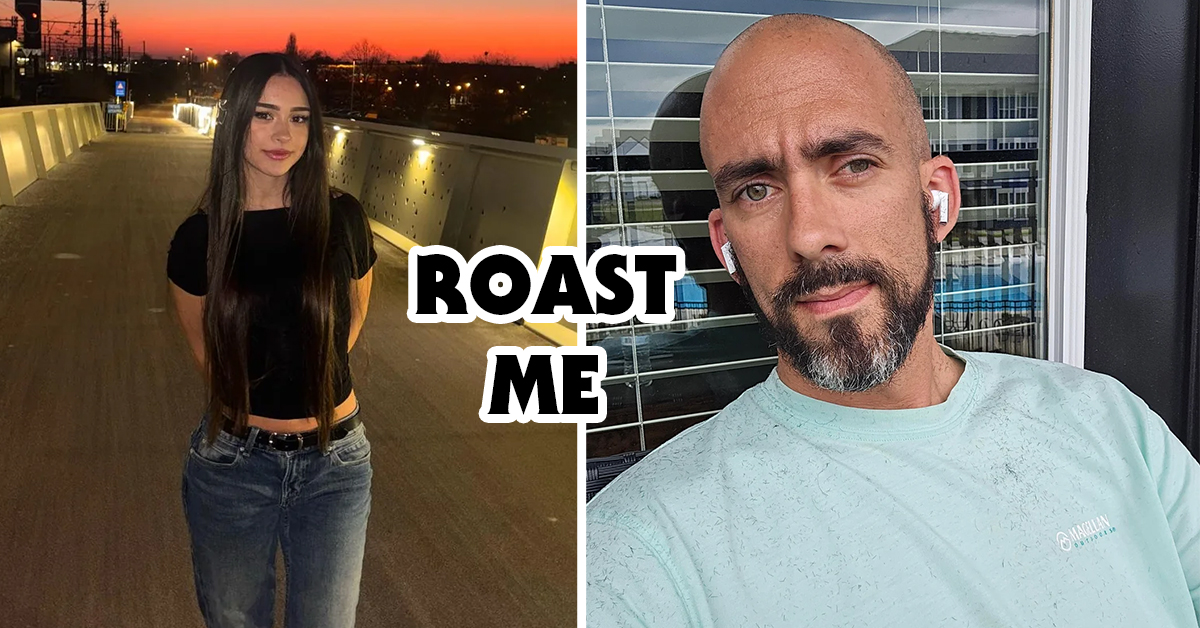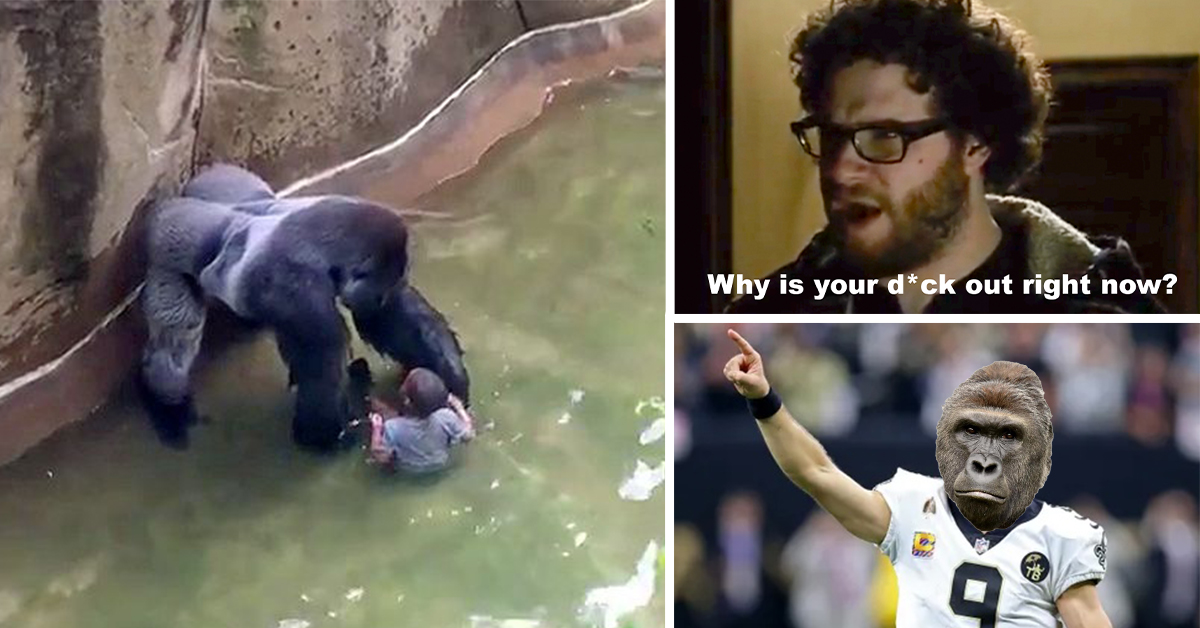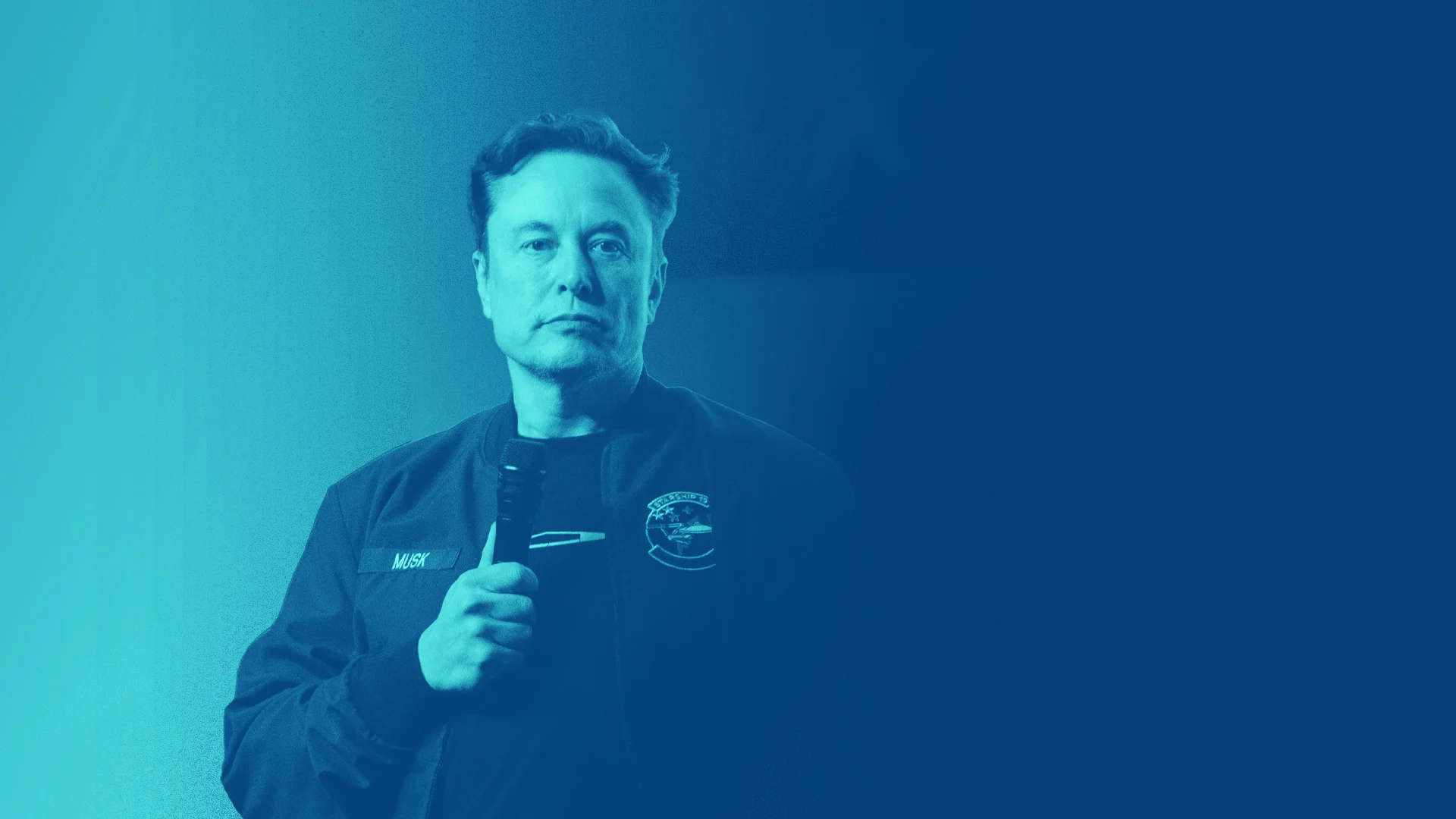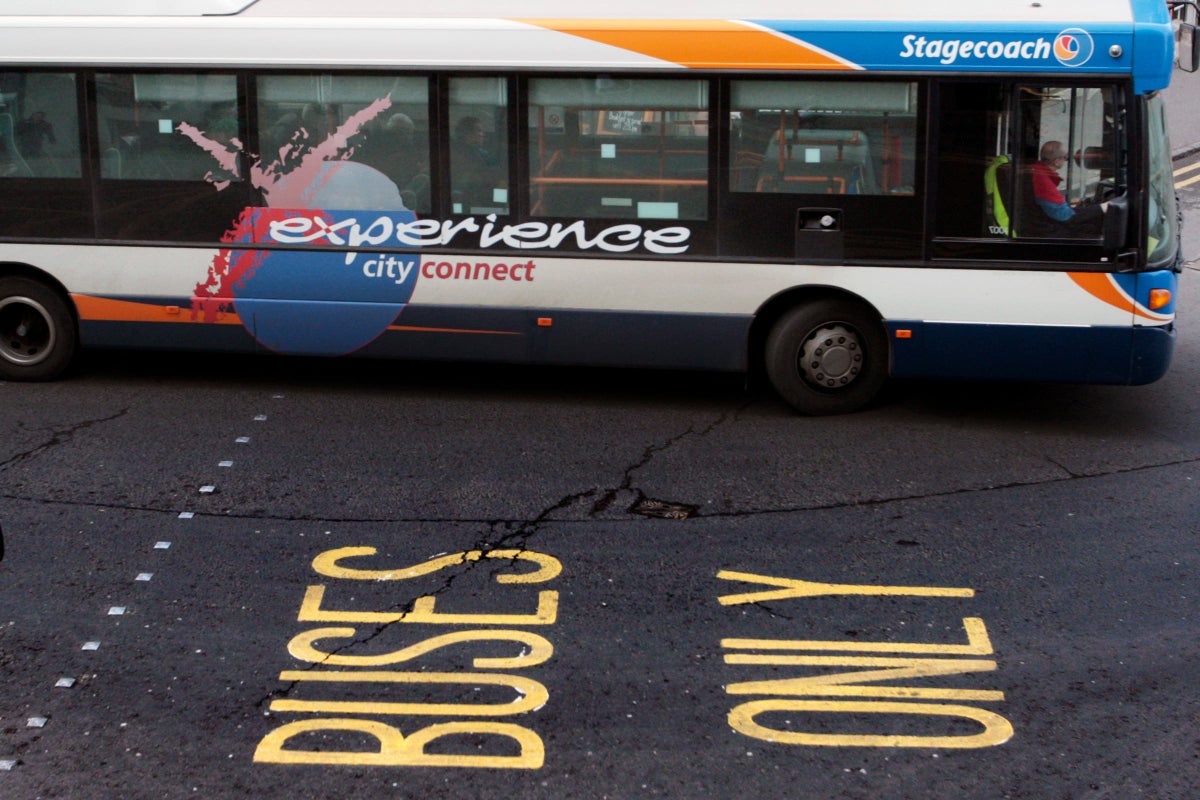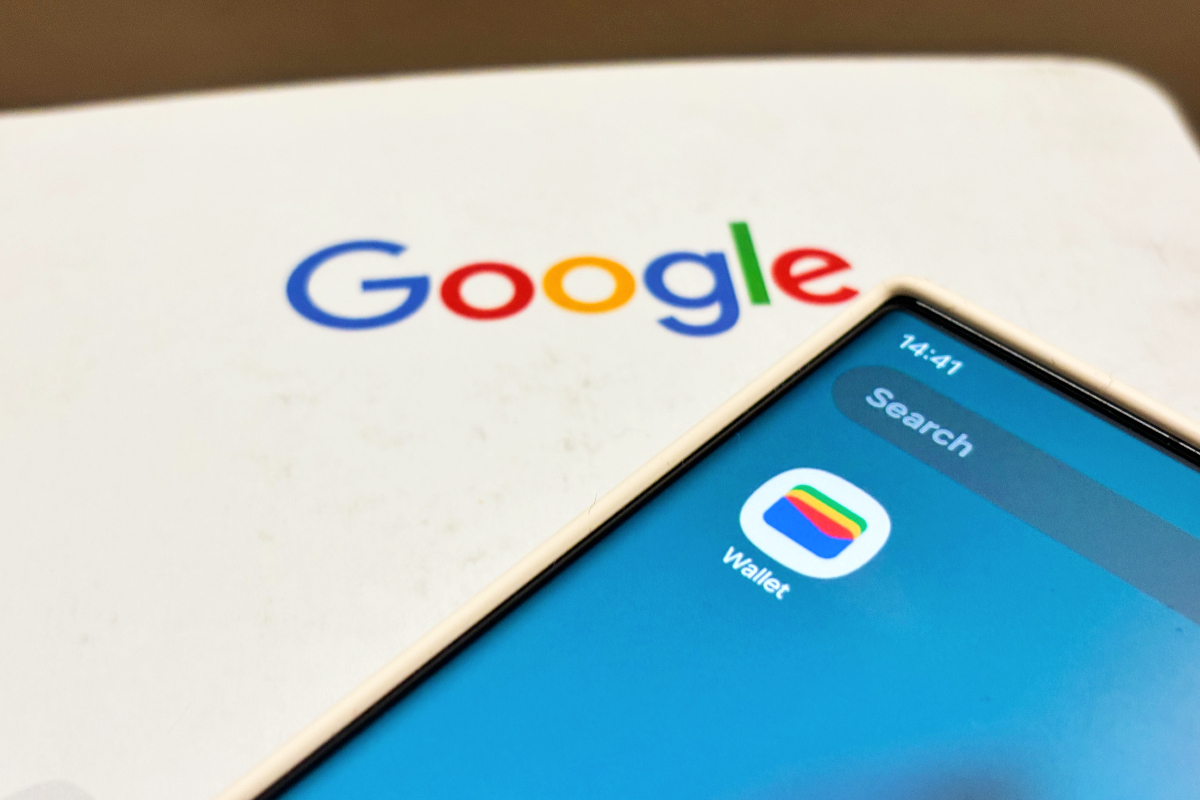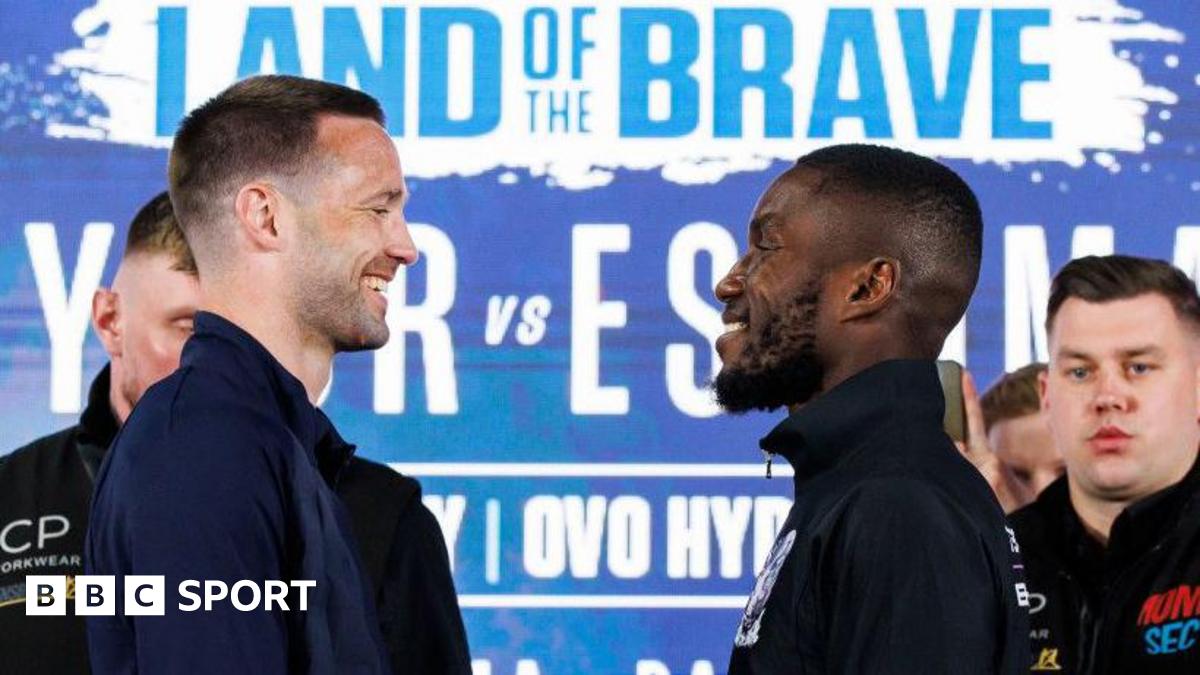Welcome.US CEO Nazanin Ash on the value refugees bring to the economy—and corporate America
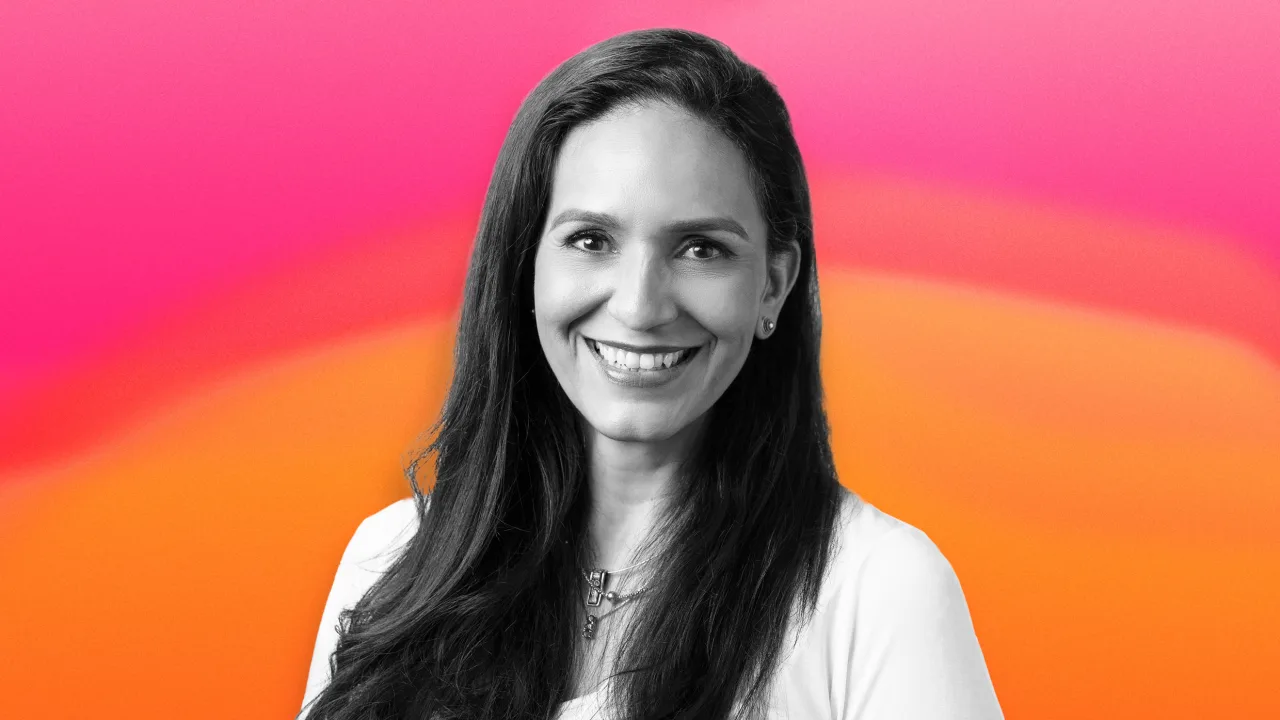
As the global migrant crisis continues to dominate our airwaves, Welcome.US has triggered a dramatic impact on U.S. immigration, resettling 800,000 refugees across all 50 states. The organization’s cofounder and CEO, Nazanin Ash, shares how her team developed an effective and efficient model, unlocking a nonpartisan community of 2 million volunteers, supported by corporate partnerships with the likes of Meta, Google, and Uber.
This is an abridged transcript of an interview from Rapid Response, hosted by the former editor-in-chief of Fast Company Bob Safian. From the team behind the Masters of Scale podcast, Rapid Response features candid conversations with today’s top business leaders navigating real-time challenges. Subscribe to Rapid Response wherever you get your podcasts to ensure you never miss an episode.
You’ve said that newcomers resettling can bring big economic benefits to the U.S. economy. That’s kind of the opposite of a lot of political rhetoric, people worried about their jobs, and the cost of supporting newcomers. What are you looking at differently?
Wow, so many indicators. I mean, let’s start at the top. Over 50% of our billion dollar companies were founded or co-founded by newcomers, many of them refugees. Scaled immigration pathways of the last three years are estimated to contribute $9 trillion to our economy over the next decade. You have thousands of communities, rural and semi-rural communities, across the country that have been losing population year over year, and are eager to reverse that decline. There are enormous needs. I mean the Census Bureau estimates that we require net immigration of nearly one and a half million a year just to sustain our economy. So, we not only have the capacity to welcome, we have a need to welcome.
You’ve gotten support from corporate partners, Meta, Google, Uber, others. What’s been the role of business in Welcome’s efforts?
Yes. So this has been an extraordinary public-private partnership. We partnered with the private sector to build the civic infrastructure that would scale these new pathways. That included designing a campaign. We did that with assets from Accenture’s Droga5 partnership. We did that with resources from Goldman Sachs. It was carried with airtime from Comcast, and then distributed to our target audience with Google Ads.
They provided massive technological support for our sort of many to many, our B2C strategy, that allowed us to quickly scale. And then the framework of technology that they helped us create was not only our matching platform and our online sponsorship hubs, but it was also the framework that allowed us to scale flight credits, and housing credits, and matching grants, and rideshare credits from Lyft and Uber. It wasn’t a, “Write us a check and go away,” partnership. It was a deep collaboration that was about bringing our collective efforts to build a seamless infrastructure and journey that wrapped around sponsors and newcomers, and provided them the support they need, and empowered them to do this work.
How did you build these relationships with all of these organizations? I mean, I know you have something called the Welcome.US CEO Council. It’s got like 40 of the biggest name CEOs. Is that where you started? Do you start at the top of these organizations? How did all that come together?
We launched in the crucible of the Afghan evacuation. When the U.S. faced this extraordinary challenge of resettling 80,000 Afghan newcomers on a government resettlement infrastructure that had resettled just 11,400 refugees the year before. So, that’s when we developed this public-private partnership with government. We were like, “This is a problem that’s way too big for government to solve alone.” But we felt like if we tapped into innovations of the private sector, willingness of the American people, we could find much more capacity.
And indeed, when we went to these CEOs, and asked them to help, not a single one said no. These leaders know exactly what the challenges are. Peter Zaffino, CEO of AIG, wrote about this in 2015. He talked about unmanaged migration as one of the top five things CEOs should be concerned about as risks. He talked about the benefits if it’s managed, and the risks if it’s not, and he’s talking about global instability, and security, rise of authoritarian regimes.
David Risher looked at our methodology, and he was like, “Oh, I see what you’re doing. This is like what Airbnb, and Lyft, and Uber did. You are not trying to reform government systems from the inside. It’s a whole new business model that you’ve built alongside.” And now, those are lessons we can carry into the traditional system. I think they were deeply inspired to see how communities engaged, right? Like the social cohesion, the bridge building, the community-driven aspect of this work is so important for the moment we’re in.
So what’s at stake for Welcome.US right now?
We feel passionately about continuing to grow this extraordinary movement of welcomers. So, we are pivoting our technology, our campaign, our systems, our infrastructure, to help Americans volunteer, and serve as citizen guides for the 8.5 million green card holders who are eligible to apply for U.S. citizenship, but haven’t done it yet. There’s paperwork you have to file, you have to pass an English test, you have to pass a civics test, you have to pay a fee.
Those are barriers that can be overcome if you have a friend, and a guide, and a welcomer who’s walking alongside you, and helping you through it. So, we’re excited to get the word out. We’re excited for all these policymakers to be educated on what their communities have been experiencing, and we feel really confident that these are the solutions that should rise, and will rise.
Can I ask you, why do you do this?
I do this work for a number of reasons. My parents came here from Iran as exchange students, and they intended to pursue their education and return. They had me accidentally, they were still undergraduates when they had me. The Iranian Revolution happened in the last year of my dad’s PhD program, and so they decided to stay.
And if you look at what is happening with women in Iran today, you know what my future would’ve been otherwise. So, that led to a career of trying to remove those barriers of human potential for others. And I have deep faith in the American people. I come to this with a tremendous amount of patriotism, because we were the first nation with a written constitution that conferred human rights and human dignity on the basis of personhood, and not on the basis of citizenship.
You get emotional about this. I mean, you really feel it.
Yeah. We’re built on this idea that we’re a place for strivers. We’re a place for people seeking freedom, and opportunity, and self-determination. And our sponsors talk about how their experience as welcomers reintroduced them to that value. One of our sponsors shared a story once, it’s Leslie Sperry.
She’s part of a sponsor group in Fort Wayne, Indiana, and she sponsored a Congolese family who had spent three generations in a refugee camp, and she was walking the father, Meshack, after she had visited the family to see how they were doing. And she tells the story of how he threw out his arms and said, “I’m free.” And for her, it was this shock, and reminder that, yeah, that’s what we have to offer, freedom. And how incredible to be able to offer that to the next generation of new Americans. These welcomers are having a generational impact in someone’s lives. They’re putting them on a completely different trajectory. Just as my life was put on a completely different trajectory. What an amazing thing to do as a country, and as Americans.
What's Your Reaction?
 Like
0
Like
0
 Dislike
0
Dislike
0
 Love
0
Love
0
 Funny
0
Funny
0
 Angry
0
Angry
0
 Sad
0
Sad
0
 Wow
0
Wow
0




